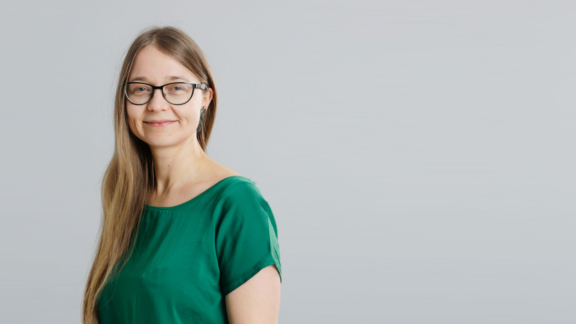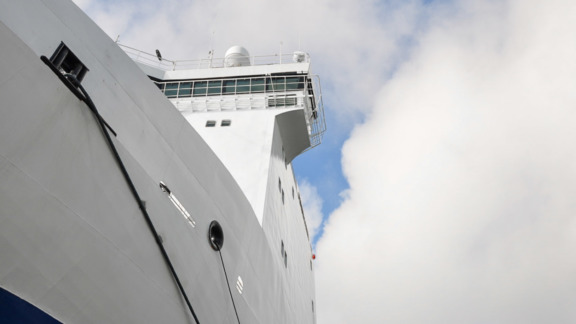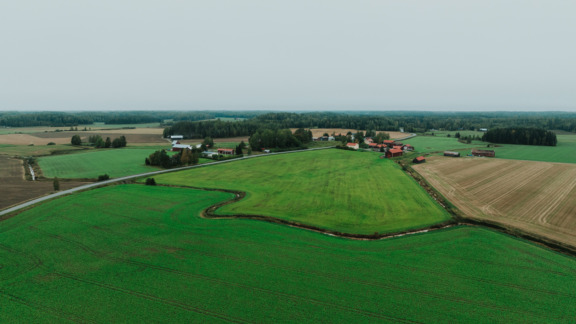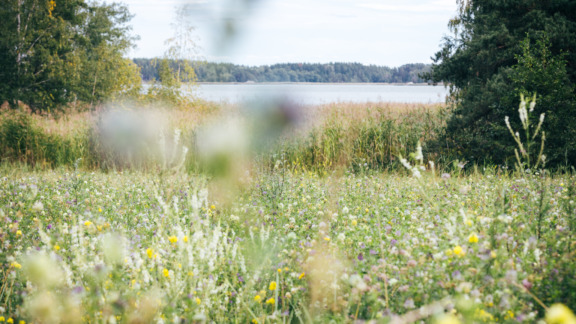4,800 hectares of valuable marine nature and 2,200 agricultural developers
BSAG’s Annual Report for 2022 has been published. Although environmental and social crises seemed to pile up throughout the year, 2022 also brought successes and growth for the Baltic Sea Action Group (BSAG).“The work we do is needed more than ever,” say Managing Director Laura Höijer and Strategy Director Pieta Jarva in their foreword.
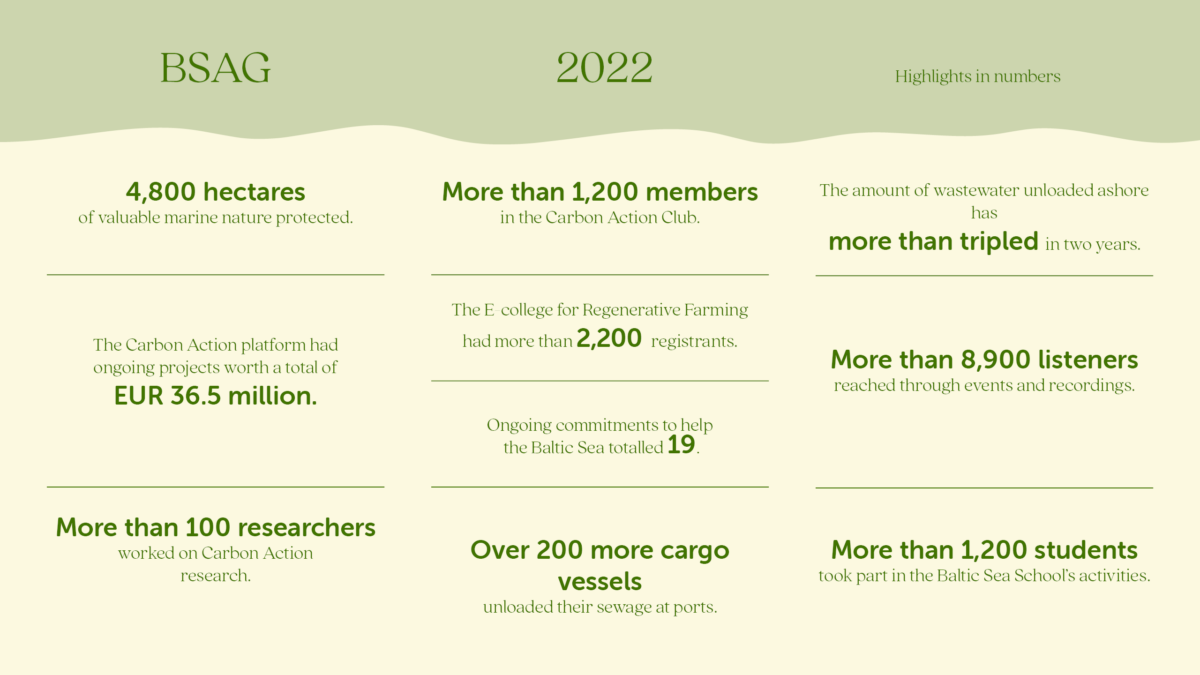
In 2022, as a result of Russia’s invasion of Ukraine, the Baltic Sea was increasingly discussed from the perspective of security policy. The Montreal Biodiversity Conference was eventually held and put biodiversity loss into the headlines, while EU regulation added it to corporate agendas. A need for crisis-proof food production and fertiliser self-sufficiency meant that more and more people began to see the necessity for a sustainability transition in agriculture.
A larger crew promoting regenerative agriculture
We promoted regenerative agriculture in order to reduce nutrient emissions into the Baltic Sea and mitigate climate change. The Carbon Action platform expanded: the number of companies grew, new research projects were launched, farmers joined the Carbon Action Club, and we also exported the E-college for Regenerative Farming to Sweden. In the summer BSAG made an extensive tour to the Finnish farms and events , during which we met hundreds of farmers interested in learning . As part of our Carbon Action initiative, 16 advisors graduated as top experts in soil health.
We also actively influenced policy-making. BSAG helped to ensure that Finnish Common Agricultural Policy (CAP) Strategic Plan for 2023–2027 includes new measures to promote carbon farming and nutrient recycling. At EU level, we contributed to the legislative proposals related to carbon markets and increasing land-based carbon sinks.
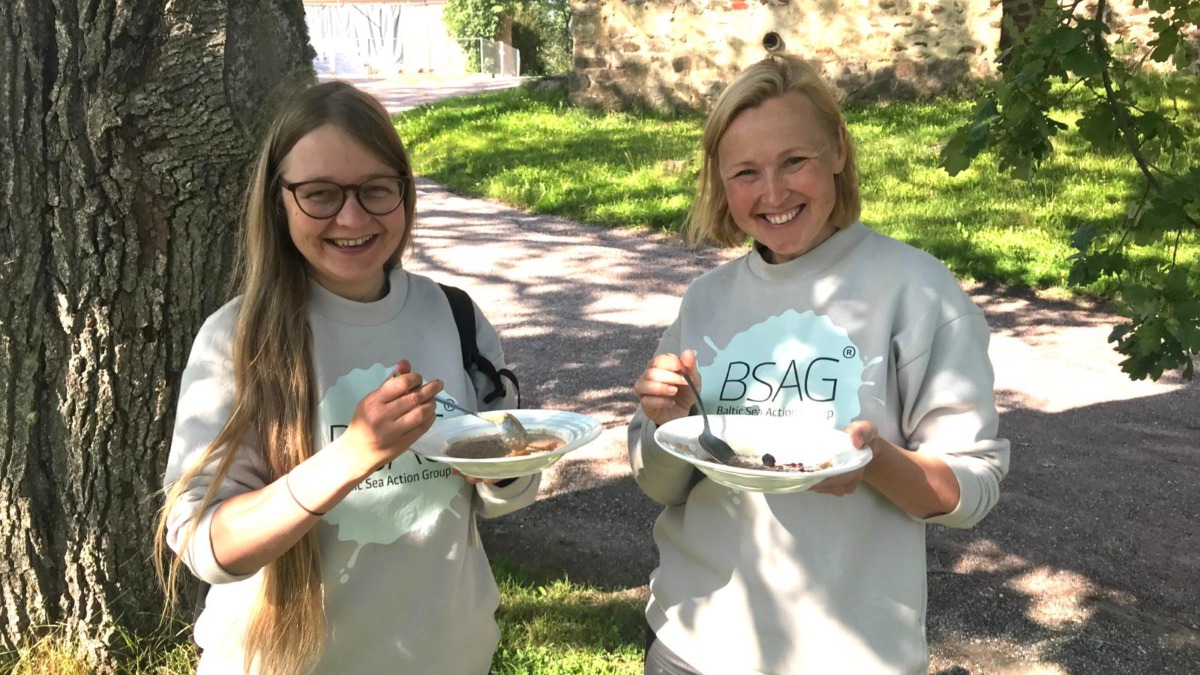
A leap forward in the protection of the marine nature of the Baltic Sea
In autumn 2022, we took a major step forward in protecting the Baltic Sea’s marine nature, when we coordinated the establishment of a 4,800-hectare marine conservation area. The largest private marine conservation area in the Archipelago Sea was established by landowners and now serves as an example for future projects.
Actors together to reduce waste water discharges from maritime transport
In order to reduce emissions from maritime transport, we brought industry operators together in the Ship Waste Action initiative – instead of being discharged into the Baltic Sea, ship wastewater is unloaded at ports and sent for reuse. In 2022, we noticed that ships and ports participating in our initiative have made permanent changes to their operating methods.
During the year, we sharpened our strategy and rethought how to best put our activities into words. We also renewed our foundation’s website and visual identity. Although the world was in upheaval around us, our motivated community fared well in the midst of these challenges. An open and interactive workplace community is an important resource that we both cherish and nurture.
All in all, BSAG had an excellent and action-packed year. Both our personnel and partners are working to save the Baltic Sea with great commitment and enthusiasm. Which is good, as major challenges lie ahead for us all. No one can solve the deepening environmental crises alone. We are immensely happy and proud of what we are doing for the Baltic Sea, the climate and nature – and people, too. Let’s show how we can achieve change by taking action together.
CONTACT
